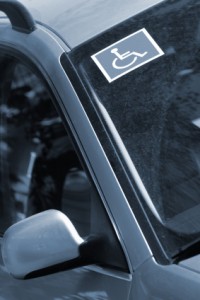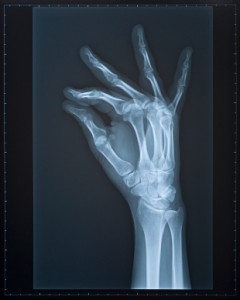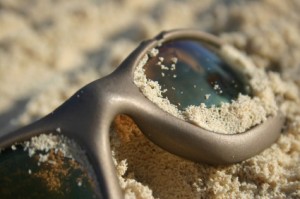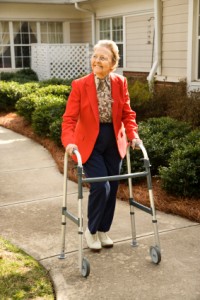 This year is quickly coming to a close and the holidays are in full swing. Parties, food, gifts and more food are everywhere and sometimes all of that celebrating can have a bad effect on our health, especially if we have health issues already.
This year is quickly coming to a close and the holidays are in full swing. Parties, food, gifts and more food are everywhere and sometimes all of that celebrating can have a bad effect on our health, especially if we have health issues already.
Medi-Rents & Sales loves the holidays as much as anybody, but we want all of you to stay healthy and wise this season and for a long time to come. Here are some tips from us to you!
If you’re visiting the homes of other people this year, be extra careful if you have mobility issues or balance problems. While you may be used to the floors, carpets and layout of your home, the home you are visiting may be very different.
Be careful of wet and snowy sidewalks and entryways. If you use a cane or walker at home, use it everywhere you go.
Be careful with long coats, dresses or even scarves that can get tangled or cause a tripping hazard. If there are a lot of people, children or pets at a gathering, the smarting thing you can do is to find a good place to sit in the middle of the action and stay put. Let the mingling come to you.
Beware of the buffet table. If you are on a special medical diet of any kind, it’s easy to be tempted to sneak a little bit of this or that. Know your limits. Eat at home before you go to the party. Whether you use enteral feeding, food with lower carbs, or a gluten-free diet, eating before will help you fight the urge to graze and prevent you from paying for it later.
Get your health related supplies from Medi-Rents & Sales now and be ready for whatever the holidays bring. From diabetic glucose monitors to the best in enteral nutrition supplies, see Medi-Rents & Sales today.









